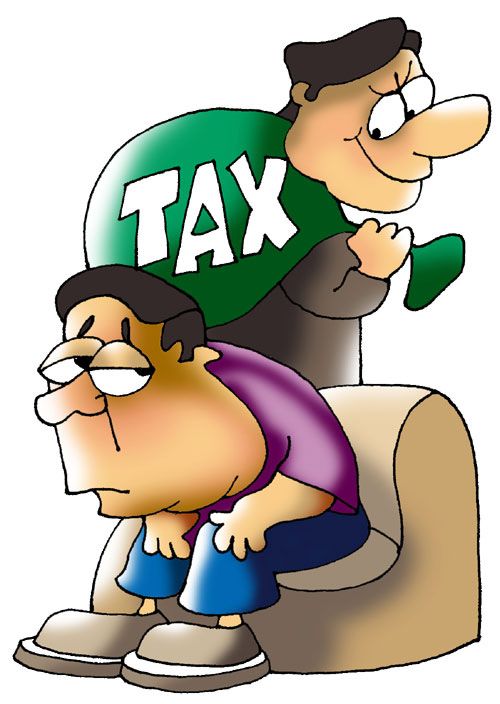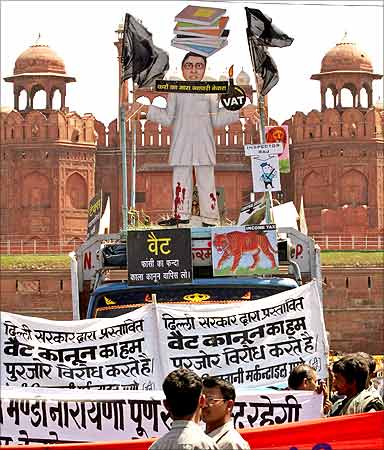 The National Democratic Alliance has displayed admirable speed in chivvying India’s 29 states and seven Union Territories into some sort of agreement for the goods and services tax (GST), which has now been introduced in Parliament for legislative approval.
The National Democratic Alliance has displayed admirable speed in chivvying India’s 29 states and seven Union Territories into some sort of agreement for the goods and services tax (GST), which has now been introduced in Parliament for legislative approval.
The ambitious unified tax regime eluded the United Progressive Alliance government that had introduced the concept during its first tenure in the Budget for 2007-08; when passed it will probably be the most momentous tax reform since 1991.
The fact that seven major states are ruled by the Bharatiya Janata Party has no doubt helped forge what is being called a “broad consensus”.
But there are disquieting signs that despite speedy Cabinet approval of the GST Bill and its introduction in Parliament, the target of April 1, 2016, to which the government has committed itself, may not be met.
For one, history has not been on the GST’s side. Two target dates have come and gone — 2010 and 2013.
These missed targets were the result of strong disagreements among the states of what to exclude from the GST regime (petroleum products and alcohol being favourites) and the compensation they would be paid for the tapering of central sales tax.
In addition, there was, in many cases, a cussed resistance to change.
Reports suggest that many of these issues have been resolved in the legislative package. But the tortuous progress of other significant reforms bills – such as insurance – does not raise hope for a speedy passage of the GST Bill.
Being a constitutional amendment Bill (since indirect tax is on the Concurrent List), it may well be referred to a standing committee — which can be depended on to delay matters as indefinitely as its members choose.
Even if the standing committee were to work with unprecedented speed, the Bill will still have to negotiate the Scylla of a two-thirds majority in the Lok Sabha and the Charybdis of a Rajya Sabha in which the ruling party at present lacks the requisite numbers.
If a best-case scenario sees speedy clearance in both Houses of Parliament, there remains the byzantine process of ratification by all state legislatures before the Bill can be enshrined in the statute books.
Then again, each state legislature will also have to amend its own taxation laws.
All this must happen even as the really contentious issue of the GST rate is to be finalised.
Since the GST will subsume a plethora of central excise and state taxes on goods and, for the first time, on services, the disagreements have been so fierce as to suggest further delays.
So far, the central government has shown considerable flexibility in acceding to states’ sometimes unreasonable demands.
It is critical that the states reciprocate.
This is a practical necessity because without rapid agreement on all this, the vital information technology (IT) backbone that will integrate states’ disparate value-added tax systems into an all-India network, a mammoth task for the GST Network, the quasi-government company that will implement the system, will remain incomplete.
The GSTN currently faces a chicken-and-egg situation: it needs to get to work right away in appointing a service provider and testing a system that will involve 6.5 million dealers in myriad intricate transactions.
All this takes time, the luxury of which the GSTN does not appear to have since it has been given April 1, 2016, as a hard target.
Yet it cannot get started until these issues are sorted out and the law passed; no IT company will sign on until there is clarity on these multiple fronts.
The GST is a critical component of the effort to improve India’s “Doing Business” metrics.
The states need to rise above their vested interests and help India make one great leap forward.

.jpg)










 © 2025
© 2025